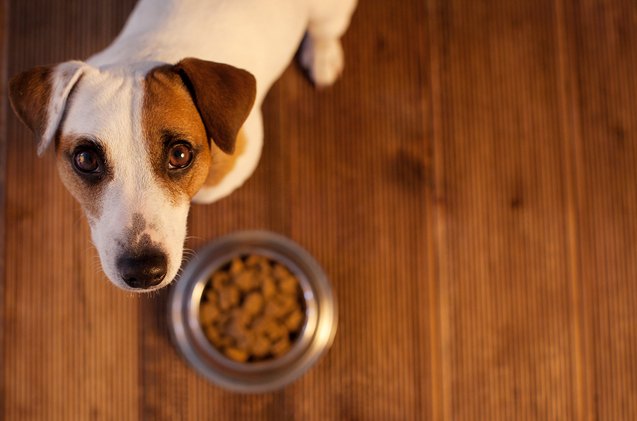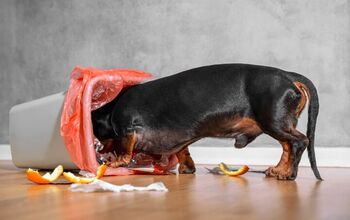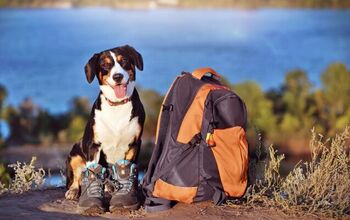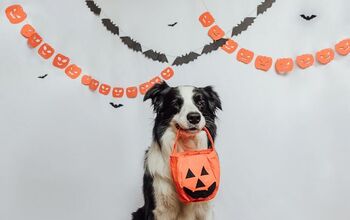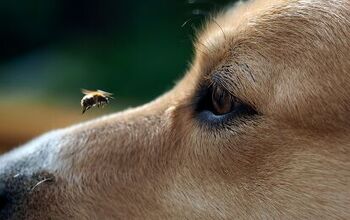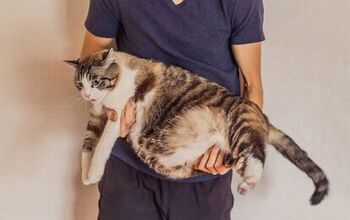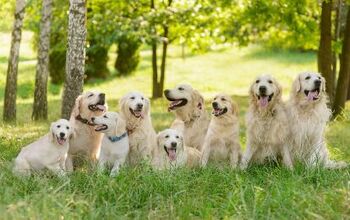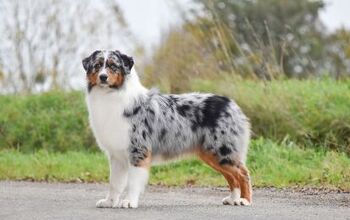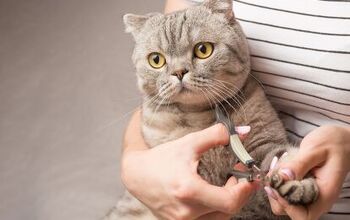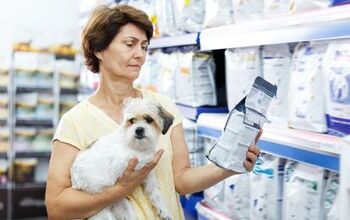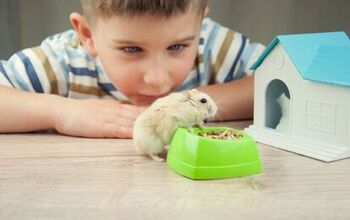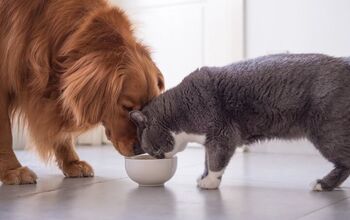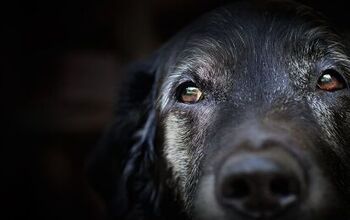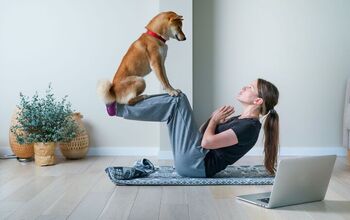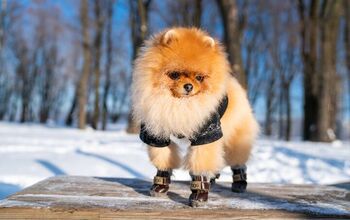What to Do If Your Dog is a Picky Eater

Have you ever met a dog that doesn’t love to eat? Probably not. But as much as dogs love food, some of them are picky when it comes to their diet. If your dog has been eating the same food for a long time, you shouldn’t be surprised if he eventually starts to get bored… wouldn’t you be bored?
Why Has My Dog Become a Picky Eater?
Some dogs will eat anything that is put in front of them while other dogs only eat when they are hungry. If your dog suddenly starts to turn up his nose at dinner time or fails to finish his meals, it’s something worth looking into. In some cases, it may only be a matter of your dog getting bored with his regular diet.
Related: Can You Feed Your Dog Table Scraps?
In most cases, however, it isn’t your dog’s fault at all – it is yours.
Dog owners who feed their dogs a lot of treats and table scraps actually encourage picky eating behavior. When you put your dog’s food bowl down, he looks up at you expectantly, hoping for something better because you’ve given in to him a few times too many and he’s learned to expect it. It is important to remember, however, that dog food is designed to deliver essential nutrients – if your dog eats mainly treats and table scraps, he may not be getting the nutrition he needs.
How Can I Encourage My Dog to Eat?
If your dog suddenly changes his eating habits, your first move should be to consult your veterinarian. Changes in appetite and behavior are some of the most common early warning signs of illness.
Related: Let’s Talk About Rotation Feeding for Dogs
If your vet tells you that your dog is in perfect health, however, you’ll want to take some steps to correct his picky eating behavior before it gets out of hand. Here are some things you can try:
- Stop giving your dog treats. Treats should be reserved for training and, even then, you should be careful not to overuse them. A quick belly rub or a few minutes of playtime with a favorite toy can be just as effective for training rewards.
- Offer your dog his meals at specific times and only leave the bowl out for 30 minutes before taking it away – this will teach your dog that there aren’t any other options.
- Make sure your dog gets plenty of exercise each day so that he works up an appetite – you can try timing his meals to follow his daily walk as well.
- If you think that your dog may be distracted by children or other dogs during meal time, try feeding him in a quiet room by himself so he can enjoy his meal in peace.
- Try switching your dog’s meal times – some dogs prefer to eat in the morning while others prefer the afternoon. Try a few different things to see which one your dog prefers.
If none of these things help, you may want to think about switching your dog’s diet. Many picky eaters prefer wet food to dry food, so try mixing some canned food into their daily diet or wet down the dry food with some low-sodium chicken broth. If you do change your dog’s diet, be sure to do so slowly – you’ll want to make the transition over the course of 5 to 7 days to reduce the risk of gastrointestinal upset that frequently accompanies sudden changes in diet.
Another handy tip that makes all the difference when switching foods – add a probiotic to your dog’s diet. Available in liquid, pill, or powder form, there are a variety of dog-specific probiotics on the market. By adding this to your dog’s daily feeding schedule, you’ll find that stomach upset is kept at a minimum… if at all!
Kate Barrington is the loving owner of two cats (Bagel and Munchkin) and a noisy herd of guinea pigs. Having grown up with golden retrievers, Kate has a great deal of experience with dogs but labels herself a lover of all pets. Having received a Bachelor’s degree in English, Kate has combined her love for pets and her passion for writing to create her own freelance writing business, specializing in the pet niche.

Kate Barrington is the loving owner of two cats (Bagel and Munchkin) and a noisy herd of guinea pigs. Having grown up with golden retrievers, Kate has a great deal of experience with dogs but labels herself a lover of all pets. Having received a Bachelor's degree in English, Kate has combined her love for pets and her passion for writing to create her own freelance writing business, specializing in the pet niche.
More by Kate Barrington



